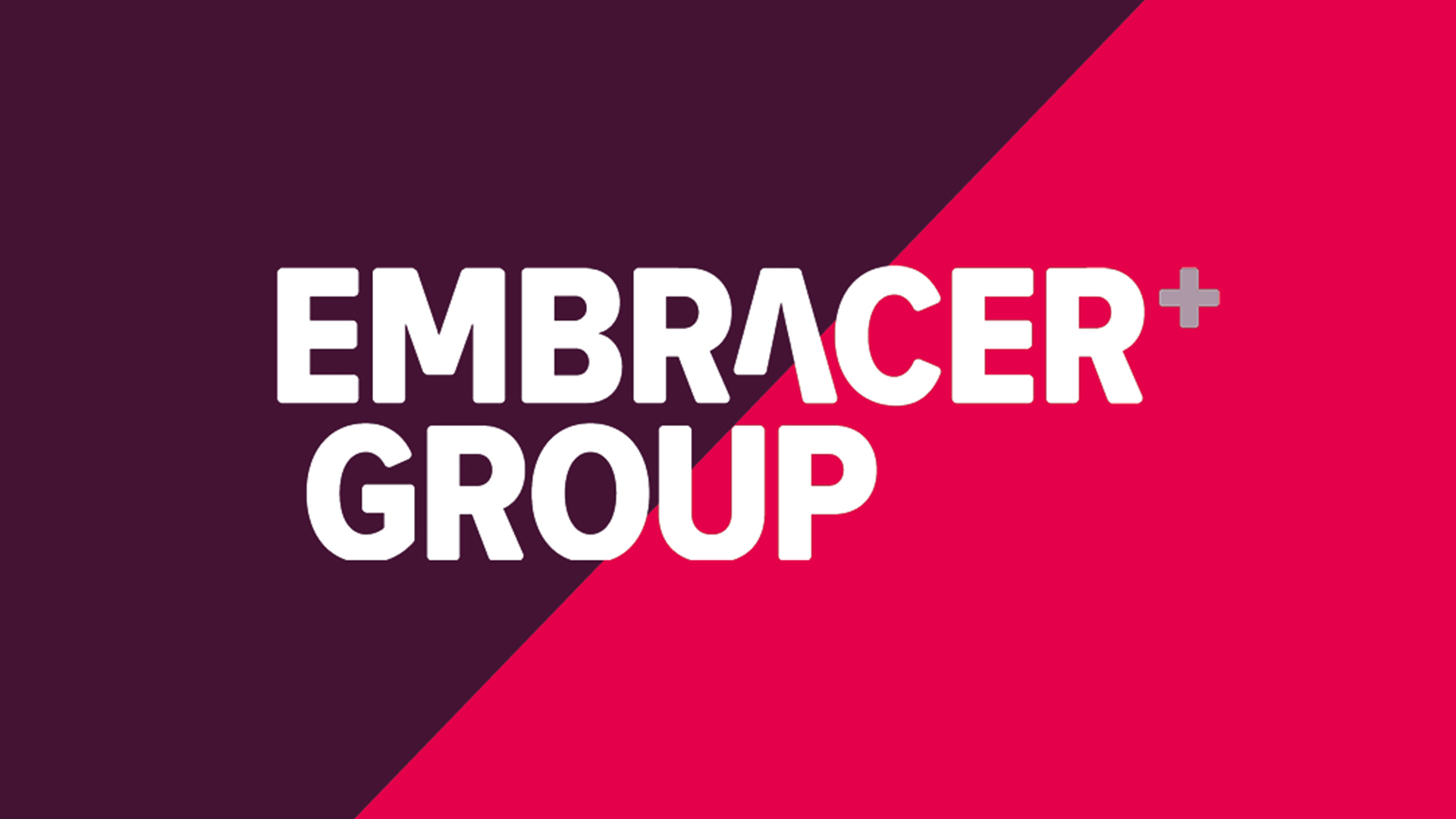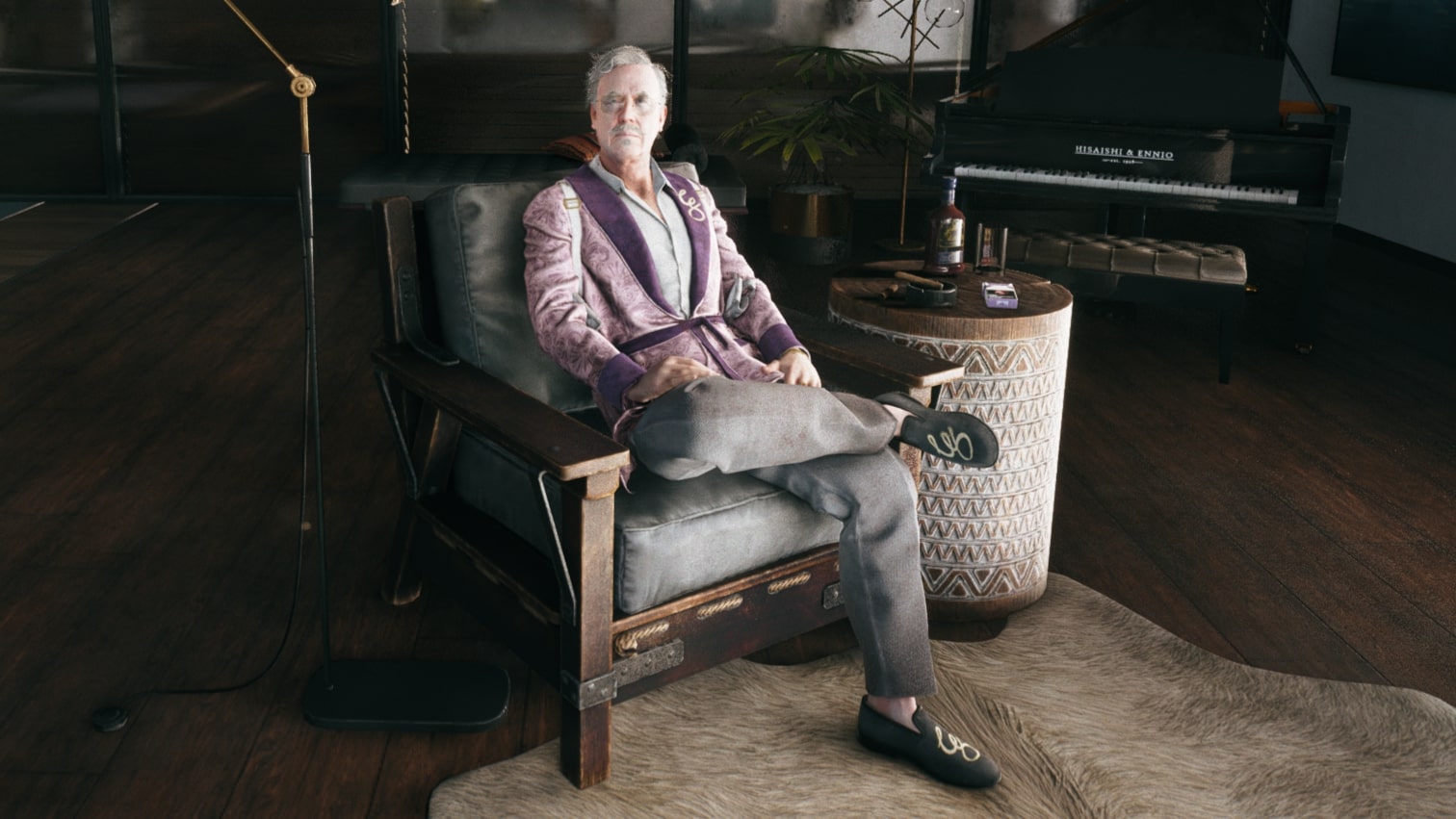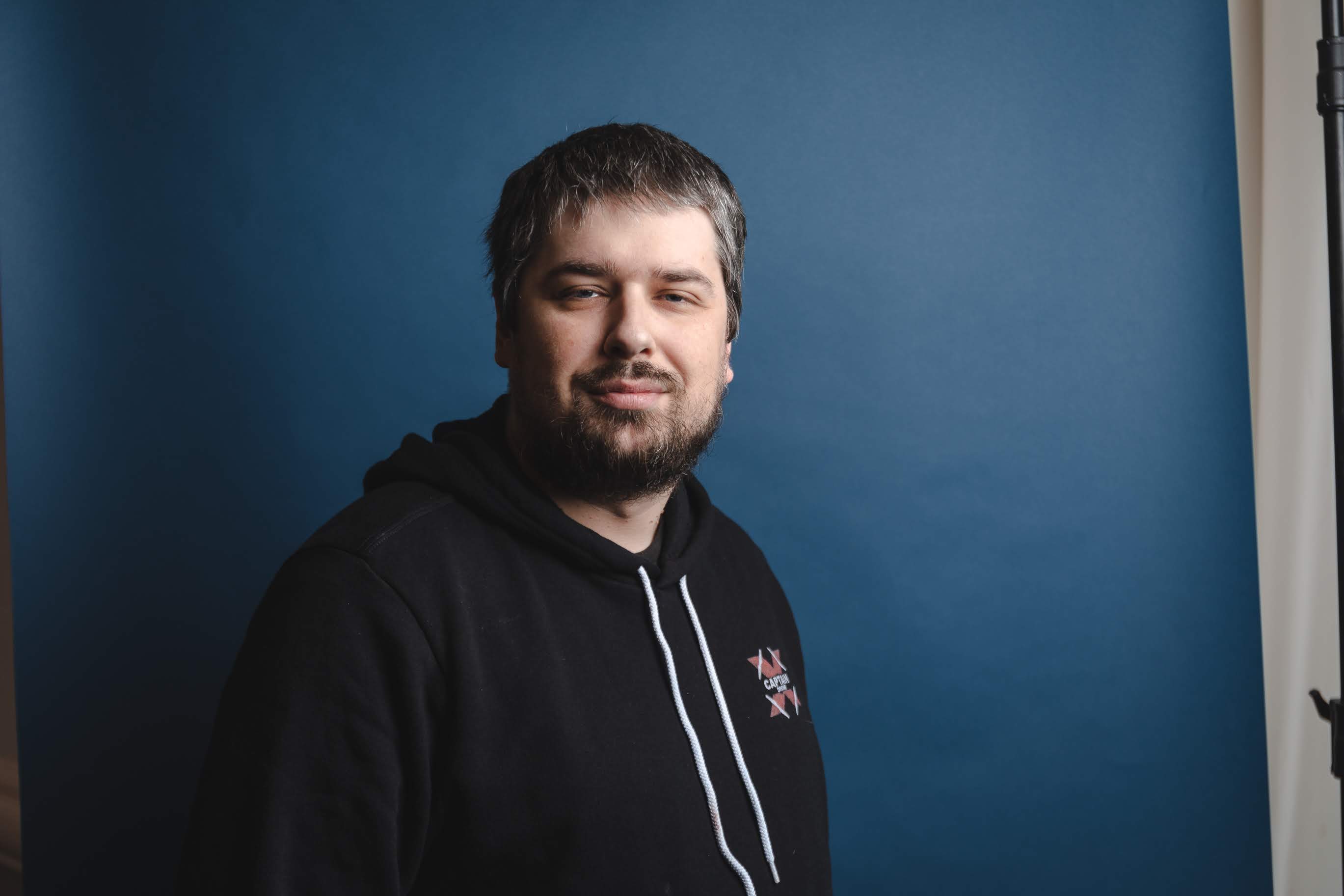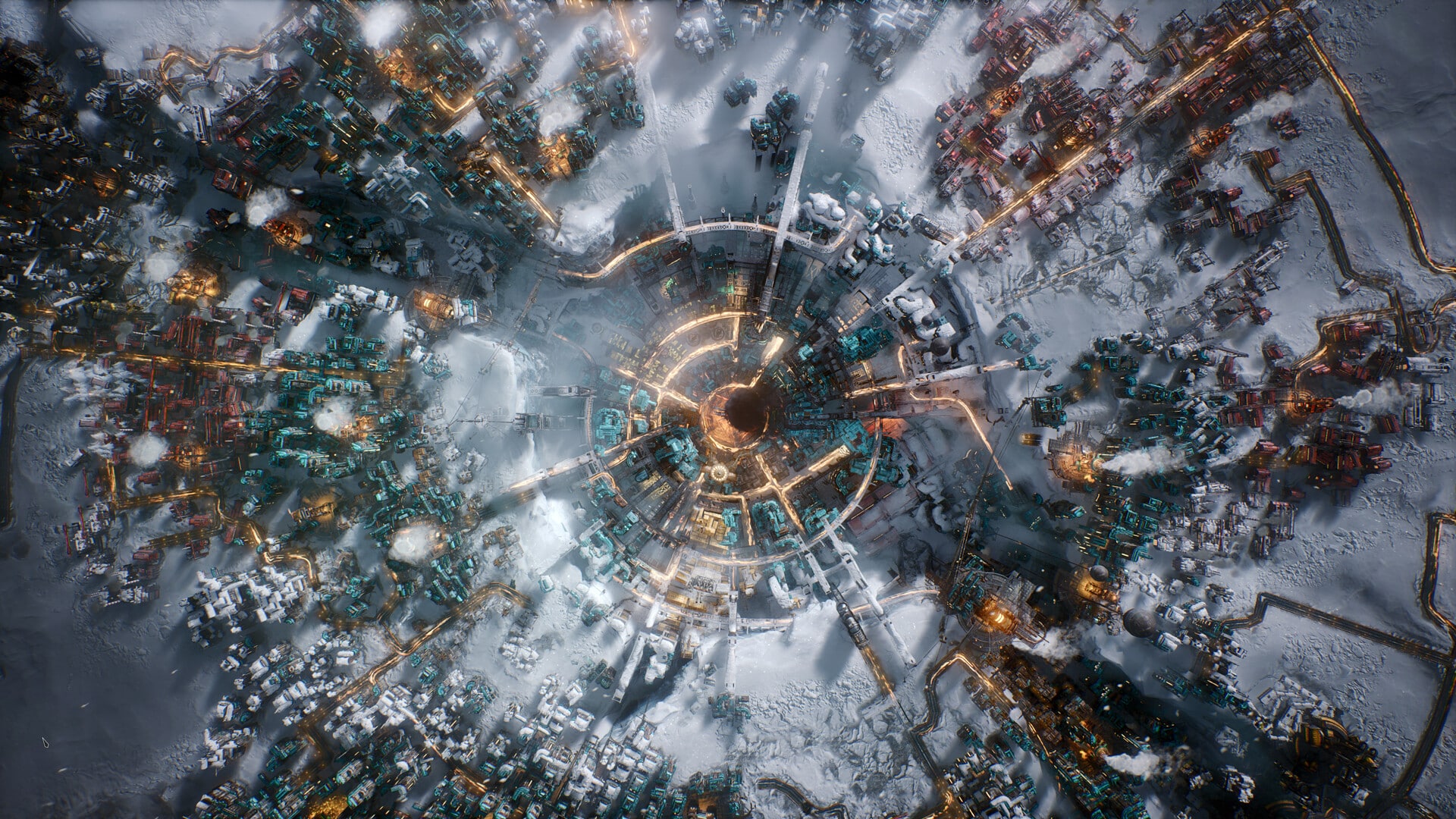After Embracer Group's acquisitions and subsequent troubles, the company is splitting into three oddly-named entities
Embracer's latest attempt to sort out its business sees it split up its studios and IPs into three better organized groups.

What you need to know
- Embracer Group finds itself back in the headlines as it announces it will be splitting into three separate entities.
- The move follows studio closures and thousands of lay-offs after years of acquisitions, and all three new units will be listed on the Stockholm stock exchange.
- The three new companies will be known as Asmodee, Coffee Stain and Friends, and Middle-earth Enterprises and Friends.
It's been a few minutes since Embracer Group was in the headlines for (mostly bad) reasons, so this Monday morning they've decided to change that. Fortunately, this time around we're not talking about financial disasters or, thankfully, lay-offs, instead that the company is splitting up into three new, completely separate entities.
There's a lot of business talk involved in the announcement, which I'll mostly skip over. The short version is that the three companies will all group up similar studios and IP, and each will be listed individually on the Stockholm stock exchange.
Here's how what's left of Embracer Group will be split up:
- Asmodee - Embracer's board and card game franchises will be grouped together, including Ticket to Ride, CATAN, and Exploding Kittens.
- Coffee Stain and Friends - Will encompass the mostly 'indie' studios and IPs including Coffee Stain (Goat Simulator, Valheim), Ghost Ship Games (Deep Rock Galactic), and its free-to-play titles and studios.
- Middle-earth Enterprises and Friends - The collection of the biggest hitters in the Embracer portfolio, including Crystal Dynamics (Tomb Raider), Eidos Montreal, Warhorse (Kingdom Come Deliverance), Plaion and Deep Silver Dambuster Studios (Dead Island 2), and more.

If you're interested in all of the business jargon that goes along with this, you can read Embracer's full announcement to get your fix.
At first glance, this does seem to be a positive move, though. Each of the newly created entities will be operating independently of each other, which, in theory, should make life a little easier when it comes to making games, and making money. Embracer Group was a messy organization, to say the least.
This all comes after the most recent big news out of the company, that being the sale of one of its prized possessions, Gearbox, to Take-Two Interactive for much less than they paid for it in the first instance.
From a gamer's perspective, let's hope that things settle now, and these great studios are allowed to get on with what they do best. And of course, we hope that everyone working there is afforded some kind of job security in doing so.
Get the Windows Central Newsletter
All the latest news, reviews, and guides for Windows and Xbox diehards.

Richard Devine is a Managing Editor at Windows Central with over a decade of experience. A former Project Manager and long-term tech addict, he joined Mobile Nations in 2011 and has been found on Android Central and iMore as well as Windows Central. Currently, you'll find him steering the site's coverage of all manner of PC hardware and reviews. Find him on Mastodon at mstdn.social/@richdevine
-
fjtorres5591 Looks like they're packaging the remnants for sale.Reply
Embracer was always more about stock market "fun and games" (verging into Ponzi territory) than about the business of making games.
Their MO was to use their stock valuation as currency to buy random studios which raised the value of the stock, which they then used to buy more and bigger studios. Their biggest coup came when SQUARE divested their western studios at a bargain; their biggest mistake overpaying for GEARBOX.
They were, on paper, asset rich and cashflow poor, which is why the house of cards fell apart when their magic "billion dollar deal" (middle eastern sovereign fund, reportedly) fell apart leaving them unable to meet their operational expenses. They've been triaging the studios since, presumably based on operating expense vs cash flow.
Looking at the three "imaginatively" named IPO bundles, they are going back to the stock market in a bid to salvage something, anything, hoping the value of IP might bring in enough money to fund the next releases. Which might be hits but might be misses.
The problem is the bundles still need cash to run and selling stock is unlikely to generate enough to keep the bundles alive. Not in today's capital-limited money markets. The days of near zero interest rates when any non-zero return was better than nothing are over. With the return of inflation, what liquidity remains in the world markets will gravitate to "safe", conservative government bonds (mostly US, which is spooking the IMF) or high risk/high return gambles ("AI" startups).
Gaming studio bundles are neither.
There is value in those bundles; the IP and (some of) the staff. But it is mostly long tail revenues. Ergo, the bloodletting and fire sales are far from over.
It is unclear who would be buying the bundles, whole or in part. Disney maybe, as MS is still digesting ABK and Sony sees more value in Paramount. Ubisoft has troubles of its own, Tencent has its own troubles at home (staying alive, for one) and EA is being very conservative.
The soap opera has a ways to run still.
